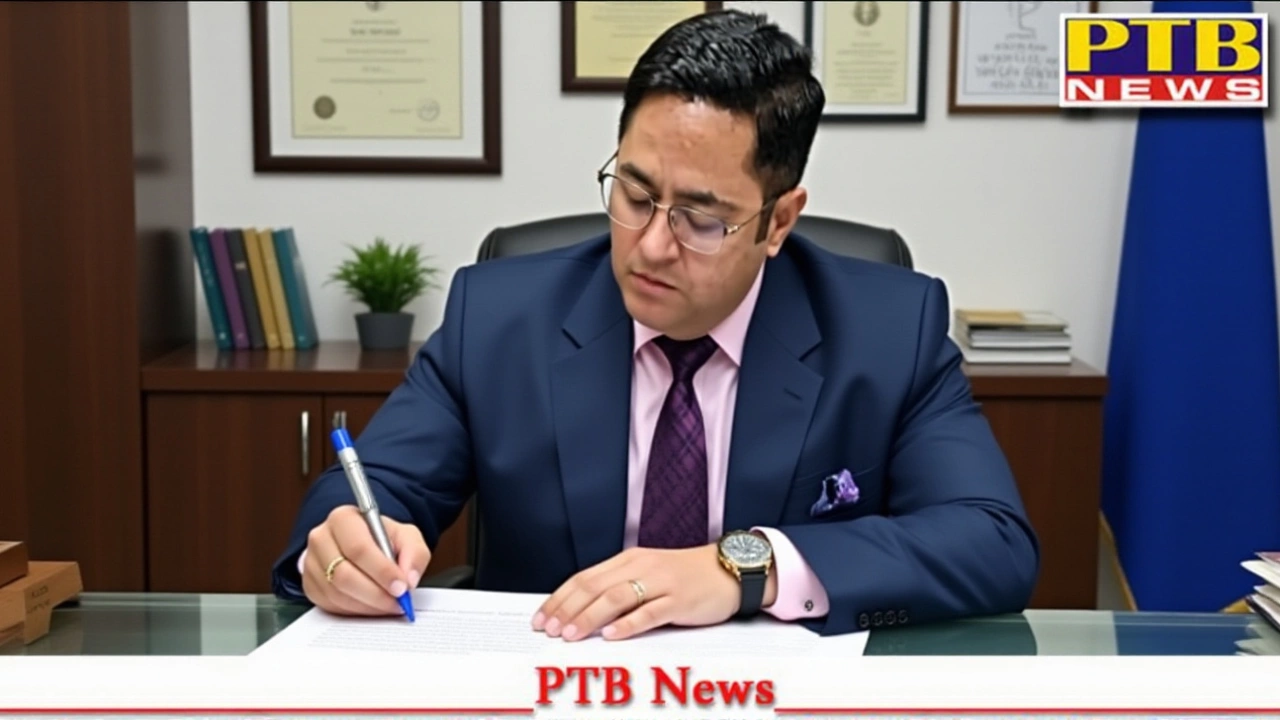Human Trafficking: What You Need to Know
When dealing with human trafficking, the illegal trade of people for forced labor, sexual exploitation, or other coerced activities. Also known as modern slavery, it thrives on deception, coercion, and abuse of power. One of its core components is forced labor, work performed under threat, debt bondage, or physical restraint, which links directly to the broader crime network. Understanding this link helps you see why human trafficking is more than a single crime—it’s a system that exploits vulnerable populations across borders and industries.
Key Players and Protective Measures
Effective border security, the monitoring and control of entry points to detect and stop illicit movement of people acts as the first line of defense, disrupting routes that traffickers rely on. Yet security alone isn’t enough. anti‑trafficking NGOs, non‑governmental groups that rescue victims, provide legal aid, and raise awareness fill critical gaps by offering shelter, counseling, and reintegration programs. Their on‑the‑ground work often reveals patterns that authorities miss, creating a feedback loop that improves prevention strategies. Together, tighter border checks and active NGOs form a two‑pronged approach that can shrink the space traffickers operate in.
On the policy side, international law, agreements like the Palermo Protocol that obligate signatories to criminalize trafficking and protect victims provides the legal backbone for prosecution and cooperation across nations. When a country enforces strong statutes, it sends a signal that traffickers will face serious consequences, which can deter future crimes. Moreover, public awareness campaigns spearheaded by NGOs and media outlets help communities recognize red flags and report suspicious activities. The synergy between legal frameworks, enforcement, and civil society creates a network of accountability that weakens trafficking chains. Below, you’ll find a curated set of stories that illustrate how these elements play out in real‑world scenarios, from border patrol actions to survivor testimonies and legal breakthroughs.
Published on Oct 16
0 Comments
Jalandhar Judge Himanshu Aggarwal suspends 271 travel‑agent licences, including four immigration firms, to curb fraud and human‑trafficking, boosting safety for aspiring migrants.
